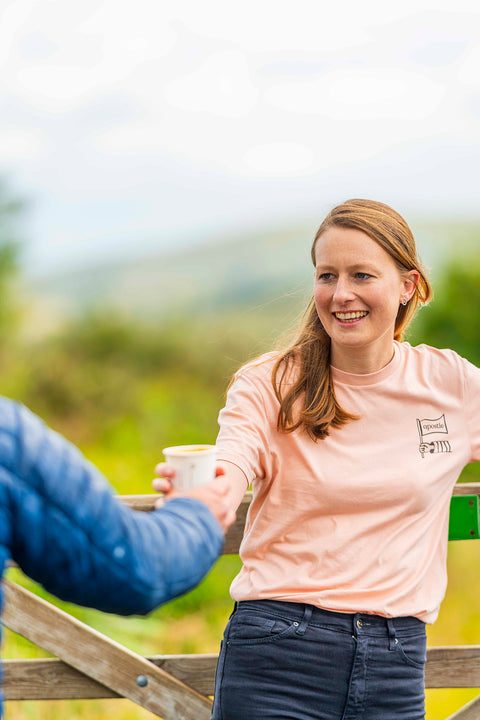Coffee That Cares About You and the Planet.
The best swaps are the ones that benefit you and the planet, making a real difference over the long term. What you choose to brew has a bigger impact than you might think.
By switching to Apostle Coffee, you’re choosing organic coffee that’s better for the planet and better for you. It’s sustainably sourced, roasted off-grid, and packed in compostable materials - all while delivering award-winning flavour.
★★★★★
Abi Carter | Google Review
"Love these guys. Great coffee, all the packaging is compostable, excellent customer service and super easy to pause subscription as and when you need."
★★★★★
Ruth Bennett | Google Review
“I spent ages looking for a coffee subscription that was independent, ethical and environmentally conscious and I'm so glad I found Apostle. The coffee is delicious. Highly recommended!”
★★★★★
Anna Gibson | Google Review
“So pleased with Apostle Coffee - great tasting coffee, super ethical, all packaging is recyclable or compostable. Exactly what I was looking for :)”
★★★★★
Alixe Thiagarasah | Google Review
“Delicious coffee in plastic free packaging from a highly ethical eco-friendly company. Fantastic customer service.”
★★★★★
Helen Summers | Google Review
“Recommended this coffee by a family member…..was soooo good. Usually have to add something to sweeten up my coffee but this did not need it all, amazing!”
★★★★★
Gill Dalton | Google Review
"Everything is centred around sustainability with their lovely packaging and coffee origins. It's such a personal service, the team are lovely and helpful - oh and the coffee is delicious!"
★★★★★
Jake Turner | Google Review
"Proving that principled core values don’t have to compromise quality of service or quality of product."
★★★★★
Zoe Pryce | Google Review
"We love Apostle Coffee. Not only is the coffee delicious, (our favourite so far being Devil’s Chair) but they are also Ethical and environmentally conscious.”
★★★★★
Louise Warburton | Google Review
“Lovely coffee and a real personal service. Thank you.”
★★★★★
Ken MacArthur | Google Review
“Great tasting coffee and excellent customer service.”


